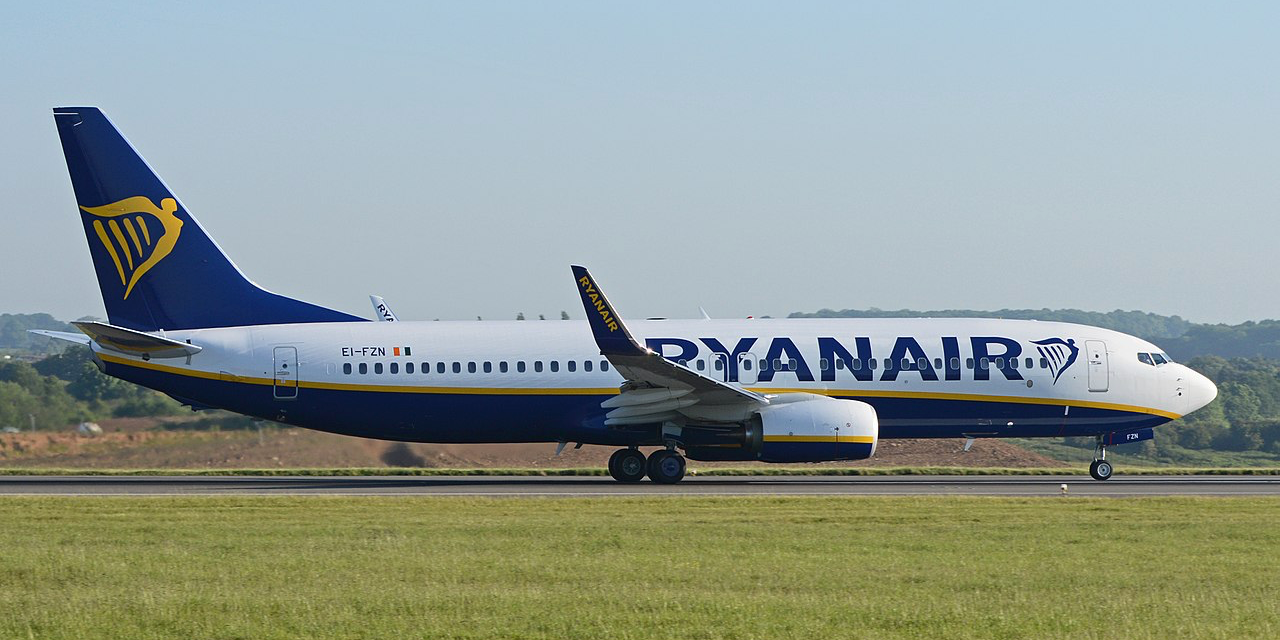Leadership From the Flight Deck
Worldwide, one of the biggest threats to the aviation system are atypical employment models, such as the ones being used by Ryanair in several countries in Europe. Employers—through a variety of schemes—use atypical employment to dissolve their direct relationship with their pilots and cabin crews. These arrangements, which may include misclassifying pilots as self-employed or independent contractors, are meant to undermine the right to collectively bargain and otherwise dismantle the traditional employee-employer relationship related to pay, benefits, and working conditions
I recently attended EAA’s AirVenture Oshkosh for the first time. While I had the chance to meet with several important aviation leaders and fly in the right seat of a Ford Tri-Motor (thank you, retired Northwest Capt. Cody Welch and Delta MEC chairman Capt. Ryan Schnitzler), what struck me most about “the world’s greatest aviation celebration” was the incredible sense of community exhibited at this unique annual gathering.
This week, aviation safety experts throughout North America are gathering for the American Association of Airport Executives’ 2019 North American Bird Strike conference in Halifax, Nova Scotia. As a long-standing advocate for reducing the number and severity of bird strikes, ALPA safety representatives joined other industry stakeholders to share information on ways to reduce wildlife hazards and promote awareness on advancements in detection and warning technologies.
Each day, the Association’s safety representatives work with individual airports through ALPA’s Airport Safety Liaison program to give managers and officials the line pilot’s perspective on ways to improve wildlife-mitigation programs. However, while numerous prevention practices are at work, bird strikes still occur. And when one does happen, a report is normally filled out, and what remains of the struck bird is gathered by ground crews and mailed away for expert analysis. Find out what else happens after a bird strike here.
Eighty-eight years ago on July 27, 24 “Key Men” led by Capt. Dave Behncke, founded the Air Line Pilots Association (ALPA). During the early days of air travel, pilots lacked many basic safety provisions. Capt. Behncke, ALPA’s first president, had the foresight to bring pilots together with one goal: to advance aviation safety—and that goal remains the core of our mission today.
Last week, ALPA hosted its 65th Air Safety Forum in Washington, D.C., with three days of private Air Safety Organization (ASO) committee, council, and group meetings followed by a full-day public session with speeches, in-depth discussions, and the annual awards banquet.
ALPA's president, Capt. Joe DePete, welcomed attendees to the Forum and highlighted the Association's history: "Learning from the danger that early aviators faced, airline pilots have helped lead North America to safer skies today." There has been loss along the way, unfortunately, but "we've turned pain into progress." And that progress continues. DePete reviewed an impressive list of successes ALPA has achieved and to ALPA's volunteers he said, "Thanks to you, humankind is and will forever be changed."
Bringing together pilot subject-matter experts, industry personnel, and government officials, the Air Safety Forum provides an essential step toward the successes of tomorrow—with casual conversations often sparking the first light of a solution. All told, the week epitomizes what Capt. Bob Fox, ALPA first vice president and national safety coordinator, referred to as "winning through collaboration."




